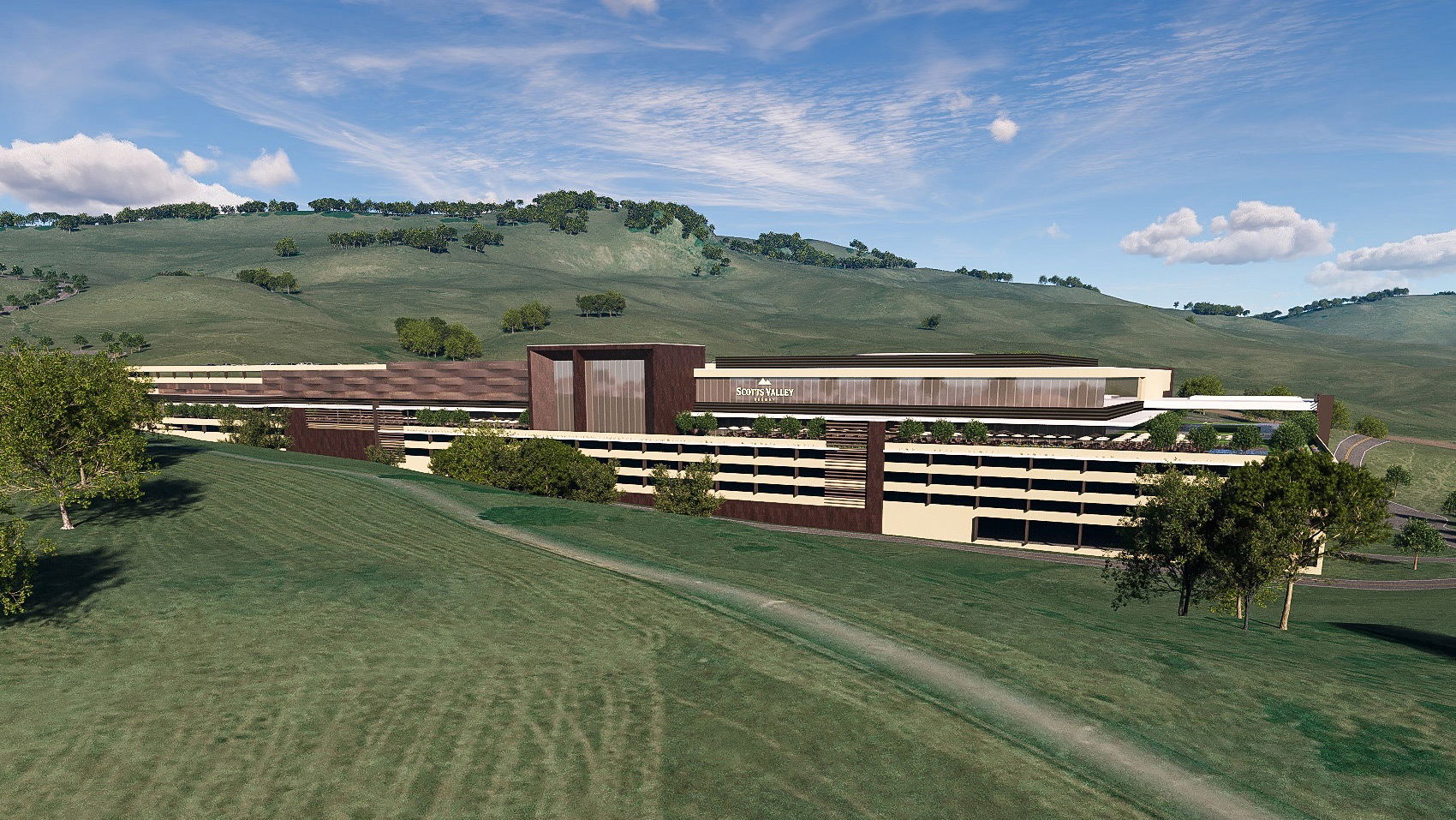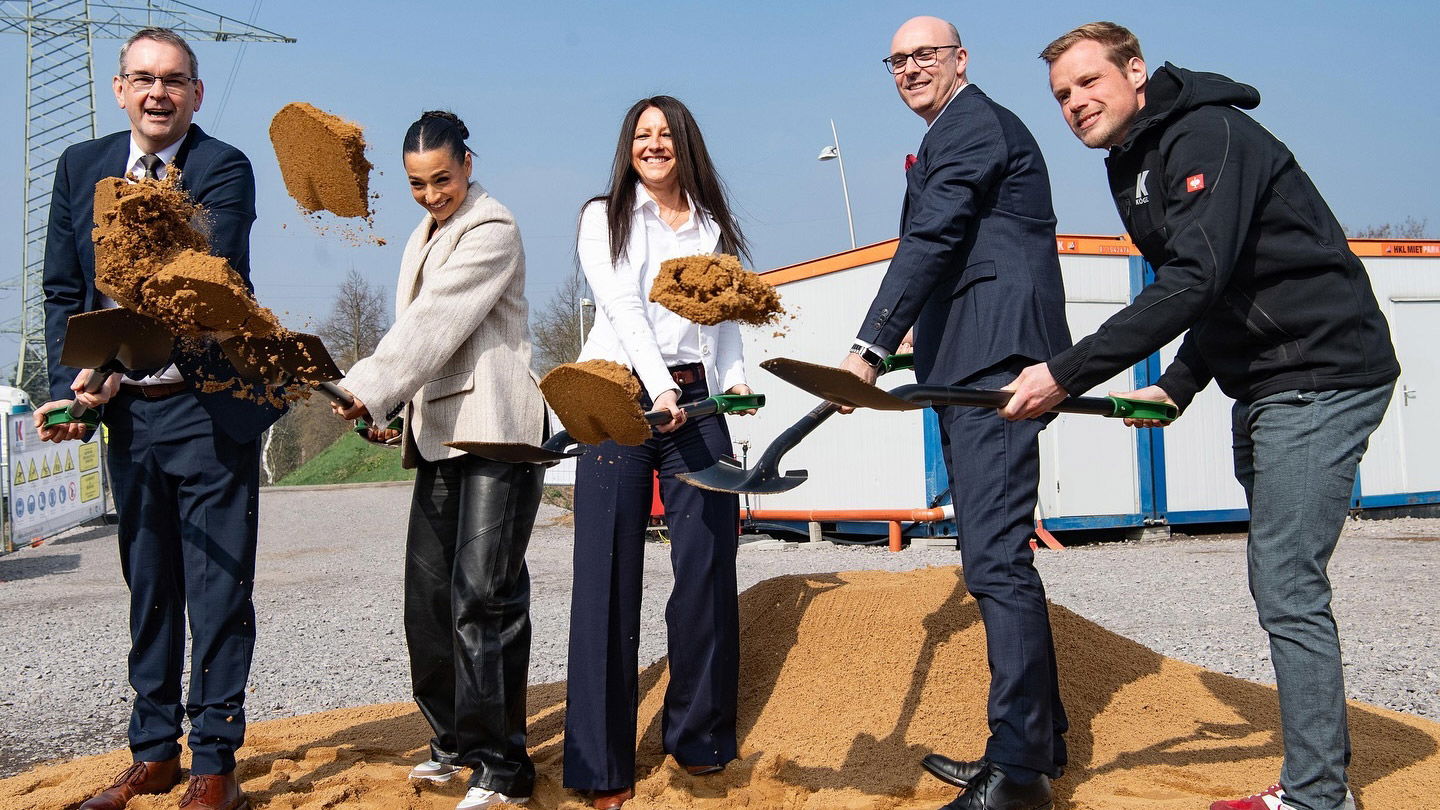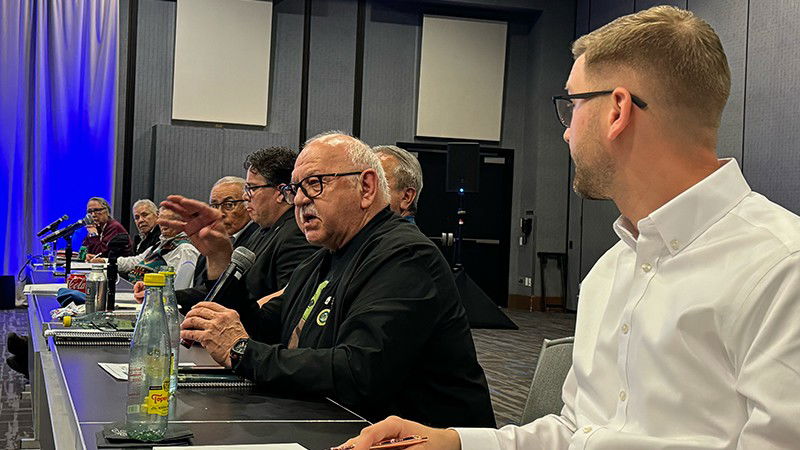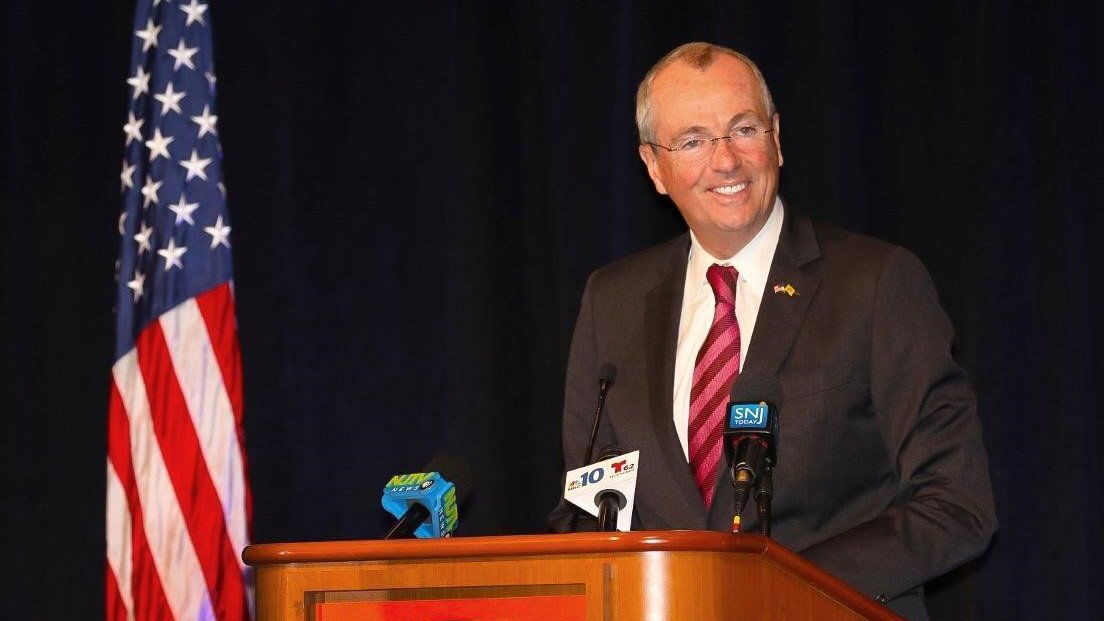California: Scotts Valley Tribe’s $700M casino plan clears key hurdle in Vallejo

The U.S. Department of the Interior has approved a proposal by the Scotts Valley Band of Pomo Indians to place a 128-acre parcel in Vallejo, California, into federal trust. This decision clears the way for the tribe to move ahead with plans for a $700 million casino resort, sparking both support and opposition from various stakeholders.
The proposed project includes a 400,000-square-foot casino, an eight-story hotel, 24 homes for tribe members, an administrative building, and a 45-acre biological preserve. Located near Interstate 80 and Columbus Parkway, the development aims to create economic opportunities for the tribe and surrounding communities.
According to tribal Chairman Shawn Davis: “This is a special day for the Scotts Valley Band of Pomo Indians. This allows our people to have a home and to have economic development for us and for our neighbors.”
The approval marks the culmination of a years-long effort by the tribe, which has faced numerous setbacks. The Trump administration initially rejected the proposal in 2019, citing a lack of historical connection to the land.
However, U.S. District Judge Amy Berman-Jackson overturned that decision, calling it “arbitrary and capricious.” The Biden administration resumed the review, leading to the current approval, just days before President-elect Donald Trump’s second inauguration.
Despite the green light from federal authorities, the project remains controversial. Critics, including the Yocha Dehe Wintun Nation and California Governor Gavin Newsom, argue that the Scotts Valley Band lacks historical ties to the Vallejo site. The Yocha Dehe Nation has voiced concerns over potential cultural and environmental harm, describing the approval process as flawed.
Chairman Anthony Roberts expressed his disappointment, stating: “For Tribes like ours, nothing is more important than our ancestral homelands. To see our land and cultural resources taken away for the benefit of wealthy investors is painful beyond words.”
The Vallejo City Council has shown support for the project, unanimously approving a cooperative agreement with the tribe. The development is expected to generate thousands of jobs and inject hundreds of millions of dollars into the local economy. However, some city officials and residents have raised concerns about the scale of the project and its potential impacts.
Former Mayor Robert McConnell questioned the necessity of the large land allocation and the project's adherence to local regulations. He also cited the failure of other casinos in California due to mismanagement as a cautionary tale. Similarly, former Councilmember Rozzana Verder-Aliga stated the importance of involving Vallejo residents in the project’s planning and design phases.
The Scotts Valley Band of Pomo Indians, officially recognized as a landless tribe, has a history marked by displacement and loss. Following the Bloody Island Massacre in 1850, the tribe faced further challenges when their land was taken under the California Rancheria Act. While they regained federal recognition in the 1990s, the tribe has struggled to secure land for its community.
The casino project represents a chance for the tribe to achieve economic self-sufficiency. Developer Gregory Lee, who has longstanding ties to Vallejo, praised the decision, stating: “We just feel very blessed to have an opportunity to help this tribe develop something that will be a tremendous asset for the tribe and for Vallejo.”
Litigation could still delay the project, as opponents, including the Yocha Dehe Wintun Nation, have pledged to challenge the decision. Meanwhile, the Scotts Valley Band continues to negotiate agreements with local and state authorities to move forward with construction.
Chairman Davis stated: “We value our relationship with Vallejo and will continue working with the city to create a project that benefits both the Tribe and the surrounding community."

















































